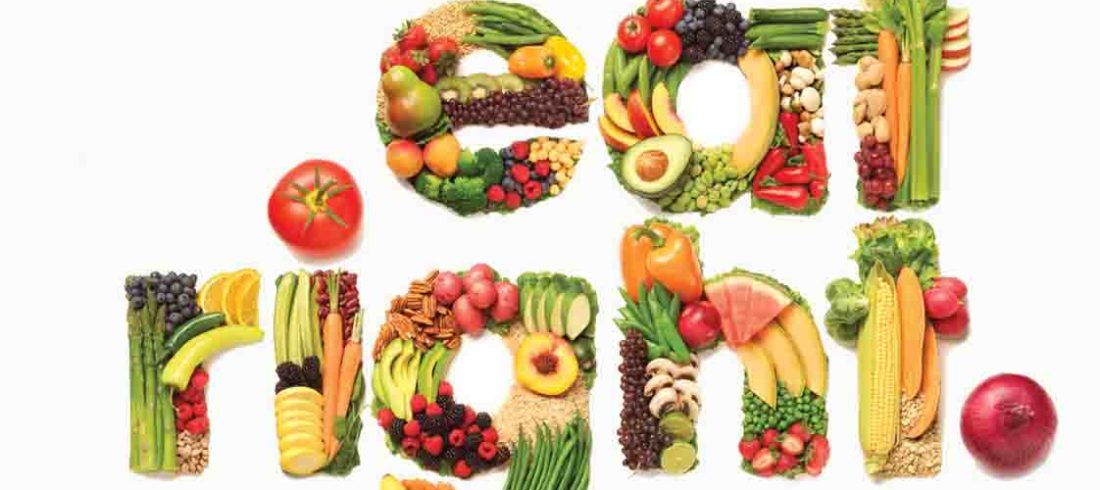You’re GI physician will usually counsel about the kind of diet that’s best for what ails you, but it’s only the individual who can apply the diligence and willpower to follow that advice.
Looking Out for Hidden Lactose
Lactose intolerance is the inability to digest lactose, a sugar found in milk and milk products. The condition is caused by a deficiency of the enzyme lactase, which is produced by the cells lining the small intestine. That enzyme breaks lactose down into two simpler forms of sugar—glucose and galactose,—which are then absorbed into the bloodstream.
People with lactose intolerance may feel uncomfortable 30 minutes to 2 hours after consuming milk and milk products. Symptoms range from mild to severe, based on the amount of lactose consumed and the amount an individual is able to tolerate.
It’s relatively easy to avoid milk and milk products such as butter, cheese, or ice cream. But, since small amounts of lactose are frequently added to processed foods, people with a very low tolerance for lactose need to stay vigilant. They’ll need to read food labels carefully and stay alert to words like “whey” or “curds” as well as “milk”.
Scrutinize the labels on:
- Bread, biscuits, cookies and other baked goods
- Processed breakfast foods, including cereals, toaster pastries, frozen waffles and pancakes
- Instant products, such as potatoes, soups, and mixable beverages
- Potato or corn chips, and other snacks
- Luncheon meats—unless they’re kosher—as well as bacon, sausage, and hot dogs
- Liquid and powdered meal replacements
- Non-dairy creamers and whipped toppings
- Margarine
- Salad dressings
- About 20 percent of prescription medicines contain lactose, so people with severe lactose intolerance should check with their pharmacist before starting on a new drug.
Eating Right for Irritable Bowel Syndrome
Irritable bowel syndrome (IBS), one of the most common disorders affecting Americans, is commonly characterized by a set of symptoms that includes cramping, abdominal pain, bloating, constipation, and diarrhea. Most people with IBS can control these symptoms with a combination of diet, stress management, fiber supplementation and, occasionally, prescription drugs.
Because of the variety of symptoms that need to be addressed, and individuals’ varying responses to foods, there’s no single diet for IBS. But there are some foods and dietary practices that are generally associated with worsening or improving symptoms.
Before making dietary changes, it’s a good idea to keep a food journal noting the foods that seem to cause you distress. Discuss the findings with your physician and, together, you’ll be able to come up with a dietary approach that improves your condition.
Make a point of talking to your doctor about fiber. In many cases, dietary fiber may lessen IBS symptoms, particularly constipation. However, it may not help with lowering pain or decreasing diarrhea. High-fiber diets keep the colon mildly distended, which may help prevent spasms, but this approach doesn’t suit every patient.
Foods and beverages that may make IBS worse include:
- fatty foods, like french fries
- milk products, like cheese or ice cream (about 40% of people with IBS are lactose intolerant)
- chocolate
- alcohol
- caffeinated drinks, like coffee and some sodas
- Gas-producing foods, such as beans, onions, broccoli, and cabbage may aggravate symptoms.
- Carbonated drinks can introduce gas into the intestines, causing abdominal pain.
- Large amounts of the sugar substitutes mannitol or sorbitol can cause excess gas, bloating, cramping and diarrhea.
- Large meals can cause cramping and diarrhea, so try eating smaller meals more often.
- Try to slow down how fast you eat.

